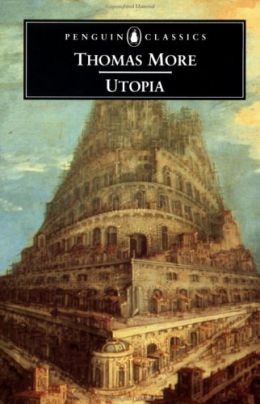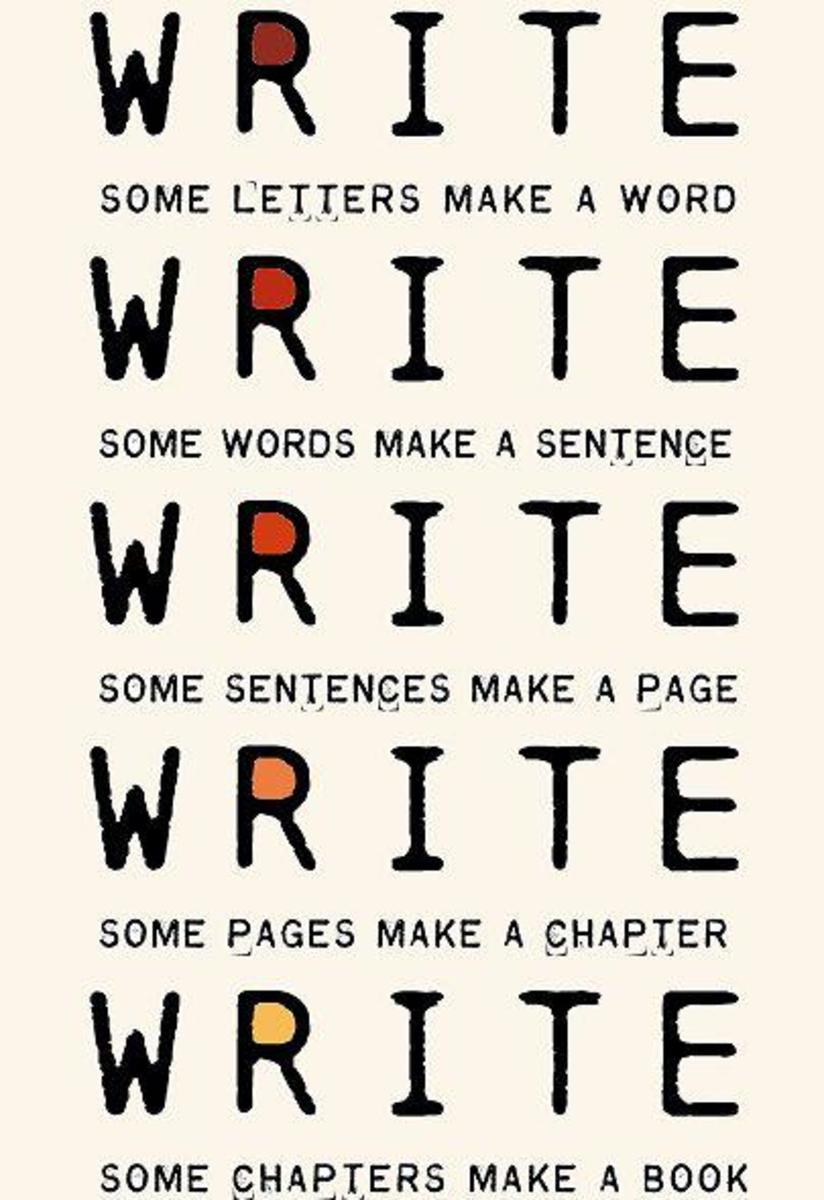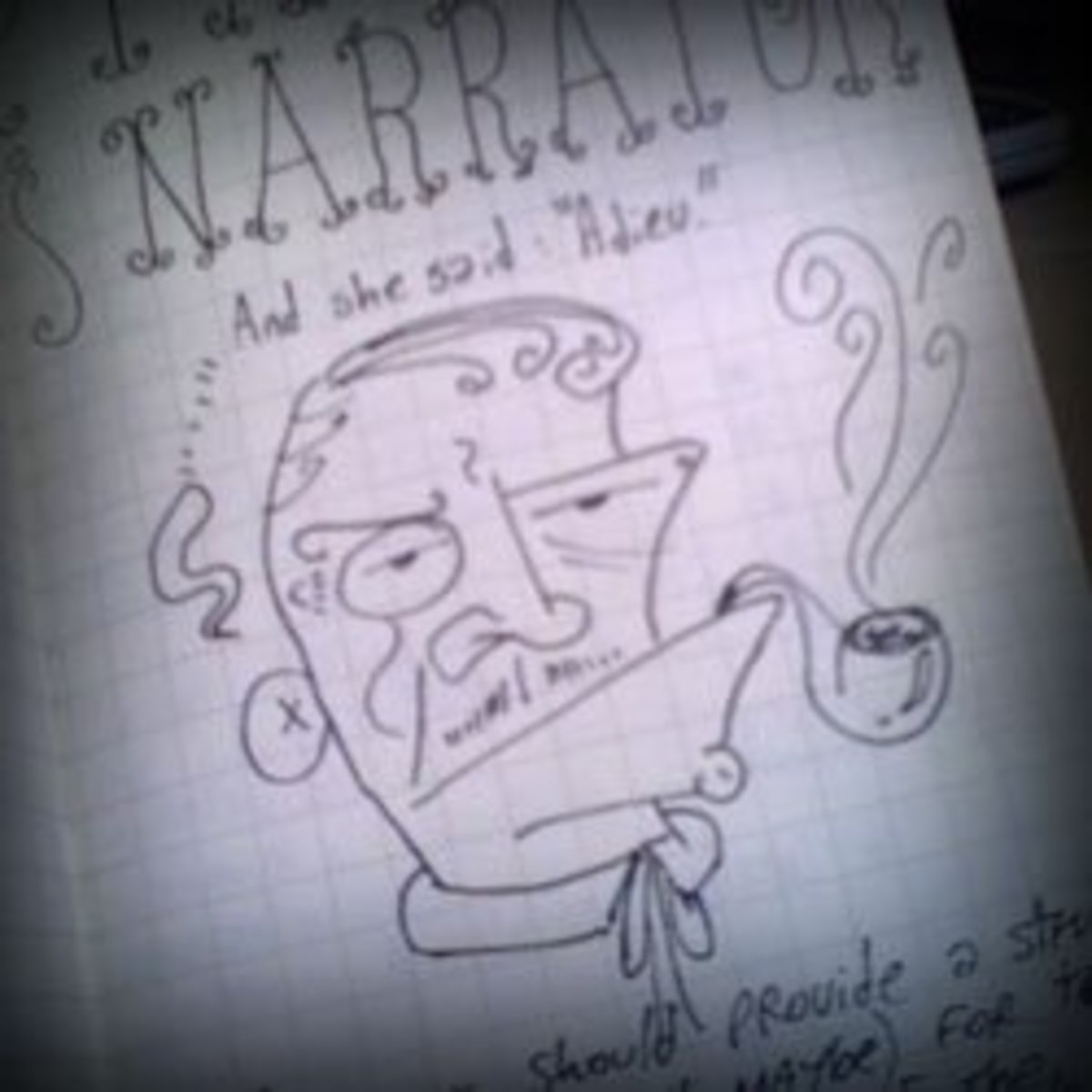Step One: The Spark Behind Inspiration & Ideas
Finding Inspiration
The first step to writing anything, above all, is the inspiration or idea behind your project. Sometimes ideas come naturally, unexpectedly, and are surprisingly welcome. Other times writers have to work on finding a suitable idea for a novel, something that hasn’t been done before, or take something familiar and give it a unique twist. There are many ways to find inspiration and ideas in today’s world thanks to multiple writer’s resources and some tricks I’ve picked up along the way.
Prompts
Don’t have any inspiration or ideas? Prompts are usually one-liners or story-starting sentences used to stimulate creativity in writers, whether to combat Writer’s Block or get started on a new project. They help develop writing style and practice, as well as provide inspiration for future or current novels! Prompts can be found in a lot of places, whether they’re in creative writing classes, workshops, or online through sites like Writer’s Digest.
If you need help getting the creative juices flowing, are stuck in the writing process, or just need something to freewrite, looking for prompts can be extremely beneficial. They can be used to begin a story, or even to work out kinks within something you’re already writing, but are also a lot of fun! When I was in college we used prompts for every meeting of Ink Slingers, the Creative Writing club on campus, and had members share them to get a sense of their writing style. We offered constructive criticism to help guide members for future writing projects based on the prompts, and it was always entertaining to read how so many people can take on subject and make it their own.
Examples:
- Begin a story or poem with “It starts out bad and gets worse”
- Reinvent a Fairy Tale
- Pick an object, a number, and a color to incorporate into a short story or poem
Playlists
- Playlists - YouTube
- 8tracks internet radio | Free music playlists
- Pandora Internet Radio
Listen to music on Pandora. Discover new music you'll love, listen to free personalized radio.
Music
Listening to music can offer inspiration as well, whether it puts you in a certain mood or gives you a scene to imagine. Song lyrics are often stories in themselves, and can provide the basis for an original plot. Some writers like to listen to music as they write to inspire them, based on the feeling each song provides to encourage scenes. Loud, epic music can be the perfect muse for writing battles; while slow, soft music can be used for romantic scenes. Certain lyrics can match a situation or character’s feelings, which helps the writer describe the scene based on the song’s emotions. However, music can also be a distraction if the tone or mood is off from what you’re writing, so I suggest making playlists for genres or scenes, such as battle music, character relationship playlists, horror soundtracks, and cultural playlists for character ethnicity.
Music can also be used as background noise when writing, so it enhances the experience without influencing what is being written. Some authors do not like writing in complete silence and need some kind of sound in order to keep writing. It all depends on your preference and style. For those who enjoy just background noise, I suggest making a playlist of instrumental songs, without any lyrics to interrupt your thoughts while writing. Music can even be used as a prompt for writing. Listening to an instrumental piece could help writers envision a scene taking place, especially when using songs from plays.
Ads
Advertisements sometimes incorporate stories to send their message, which can give writers inspiration for their own projects. If a food company is selling a burger, but uses a story to illustrate how tasty the product is, writers can explore what went into that story and how it could turn out. Companies like Geico and Progressive use characters to create multiple ads based on their stories, giving them easily recognizable personalities, catch phrases, outfits, and other criteria to make viewers believe in the products they’re selling. Entertainment breeds inspiration.
Seeing character interactions within an advertisement can bring up questions or ideas that can be explored in a larger medium, such as novels or short stories—even poems! The production behind the advertisement is a story in itself. Ask yourself: what made this company create that character? What choices did they make to tell their story, and why? How does seeing a pig or gecko talk about car insurance make people want to get a quote? Discovering these answers could lead to an entire novel.

Cool Character
Have an idea for an interesting character, but not a story to go with it? Explore that character, ask him/her questions, find out the history of this person or why you find him/her so interesting, and start writing! Oftentimes writers will stumble upon a character idea instead of a story idea, and then create a story around that character. By using backstory (the character’s history) or goals (such as what the character wants out of life), writers can generate a plot that is character driven. Using the character as a guiding force can generate development in personality, goals, hopes, failures, strengths, and weaknesses. Finding the right place for your character to fit is important to that character’s journey arc. If you stick a cowboy in a realm full of dragons, you may reveal an interesting level of magical realism, but it would be difficult to make the novel work.
However, if you have a cowboy who lives in a small western town with one sheriff and two thugs, now you have a story. Will the cowboy join the sheriff and fight the thugs to save his livelihood and that of his neighbors, or will he go rogue and ride around on a horse in the desert for several chapters, searching for his life’s meaning? Putting your character into different settings and situations could provide excellent plot points to use in a novel.

Change the World
Is there something you want to change, whether socially, culturally, environmentally, technologically, or otherwise? Write a book where your world is unique and different! Some authors see something in their society or lifestyle which angers them, or something they wish wouldn’t exist (or something they wish did exist), and want to write about it. Events, cultural norms, even setting can inspire this change in a newly created world. Genres like fantasy, supernatural horror, science-fiction, and steampunk were all created with this idea in mind. Even if only one thing is changed, such as a political structure, it could create an entirely new world to throw some characters in.
Some writers use this kind of idea to create their version of a Utopia. Thomas More began this genre with his novel, Utopia, which is a rather philosophical approach to how a civilization can create the perfect world. Aldus Huxley also tried his hand at creating a utopia which later became a dystopia in Brave New World. Dystopian and Apocalyptic genres can arguably belong under this method of changing something about the world and seeing what happens.
Dreams
Dreams, while providing subconscious desires and feelings, can be extremely vivid—to the point where you just have to write them down! Sometimes dreams can develop into full-fledged stories of their own. There have been some authors who wrote best-selling books based off dreams, notably Stephen King when he wrote Misery and Dreamcatcher (discussed in his book: On Writing). Dreams can be inspired by real life events taking place during the day, using the brain to examine situations and experiences while asleep. Some authors keep dream journals for this purpose, writing down what they remember of their dreams the night before and searching for meaning or the start to a story.
When using this method of idea gathering, reading books about what dreams mean (as well as analyzing symbols and events) can be beneficial to getting at the core idea your dream is presenting. The famous question of whether you die in real life if you die in a dream is something to be explored, especially when some people report waking up right before they die, while others have seen their own deaths! Using dreams within a story as well can be a main portion of a plot, especially if the character feels like the dreams are trying to tell him/her something about what will happen, such as future sight, or what has happened, such as past life memories.
Events
Whether you use real life events, personal experiences, or historical events, they can be used to tell a story no one else knows. If you are fascinated by a certain person in history, what they did or could have done if given the chance, you can explore them as a character in your novel. Well-known events like wars can stimulate topics about what could have happened, what would have happened, or what did happen. Even lesser known events can be explored and brought to life through novels. John Hersey wrote Hiroshima based on the horrific event during World War II, using survivor accounts and his own experience in the field as a war correspondent. Powerful messages can be sent by examining specific events and what lead them to happen, as well as focusing on their effects on today’s society.
While using personal experiences lends itself more toward creative nonfiction, fictional novels can be based on a certain family or situation. J. K. Rowling has admitted that some of her Harry Potter characters were based on people she knew, yet they’ve been turned into witches and wizards within a whole new world of England. Real life events can hit home with readers who are familiar with the subject, such as the numerous books written about the Columbine shootings. This is one of the ways where the phrase “write what you know” comes into play, because some authors have a hard time grasping a completely new civilization, yet are masters at representing their own.
Location, Location, Location
Where do you like to write?
Settings
Wanting to place characters or base a story within a certain time period or location can also provide inspiration for a novel. Many steampunk novels have a sense of Victorian London, despite their fantastical elements, while vampire novels can take place in exotic locations such as Romania or Transylvania. Wanting to write a western drama is all the motivation needed to cultivate an idea. Remember what I said about that cowboy? He needs a place to roam, and where better than his hometown ranch?
This works with buildings and certain locations as well, like a specific state, suburb, or store. Writing a novel about your neighborhood Wal-Mart may sound strange, but there’s actually a “People of Wal-Mart” photo book sold in malls across the country. The story of Tron features an arcade frequented by the protagonist as a child, and The Sandlot is based in a football field. Looking at scenery and deciding to write a novel there can produce ideas to get you started.
Authors often go to certain locations to receive inspiration, such as the beach, a forest, a café, or playground. The senses surrounding that location can provide details necessary for your novel, such as the sounds of the crashing waves, the smell of woodland pines, the taste of candy at the fair, and the sight of children laughing happily. If you have a specific location in mind to write about, I suggest visiting that place to get a feel for it, and also to provide authenticity to your novel. If you want to write about Boston, take a trip like my friend and mentor Jane R. Wood did for her latest novel!
These are just a few tips and tricks on getting ideas. Each work differently, but they’re all ways to start your novel with some inspiration to lead you forward. Even if ideas come naturally, while you’re sleeping, driving, in the shower, at a meeting, during lunch, or anywhere else, they are not guaranteed to go to the places you necessarily want them to go. Having a muse, a go-to idea generator, is recommended if applicable. Some authors use music as their muse, while the late classics gained inspiration from Greek gods and goddesses (or so they claim in their poetry). If something inspires you, consider it your muse and let it be your guide to story-telling.
When you do start getting ideas, it is best to write them down and keep them organized so you can easily find them to work on later. Carrying around a pocket-sized notebook or journal for random hits of inspiration is helpful, as well as keeping a folder or larger notebook at home to keep your ideas together. For the more technologically savvy writers, dumping all of your ideas into a word document or folder, starting a blog, or even making an Excel spreadsheet can be easy and effective ways to keep everything in order. Even if you don’t think you’ll make something out of an idea, it is still good to keep it around. You never know when one idea can be infused with another to create the perfect plot, or when an idea for a completely different novel can help stimulate a current one.








